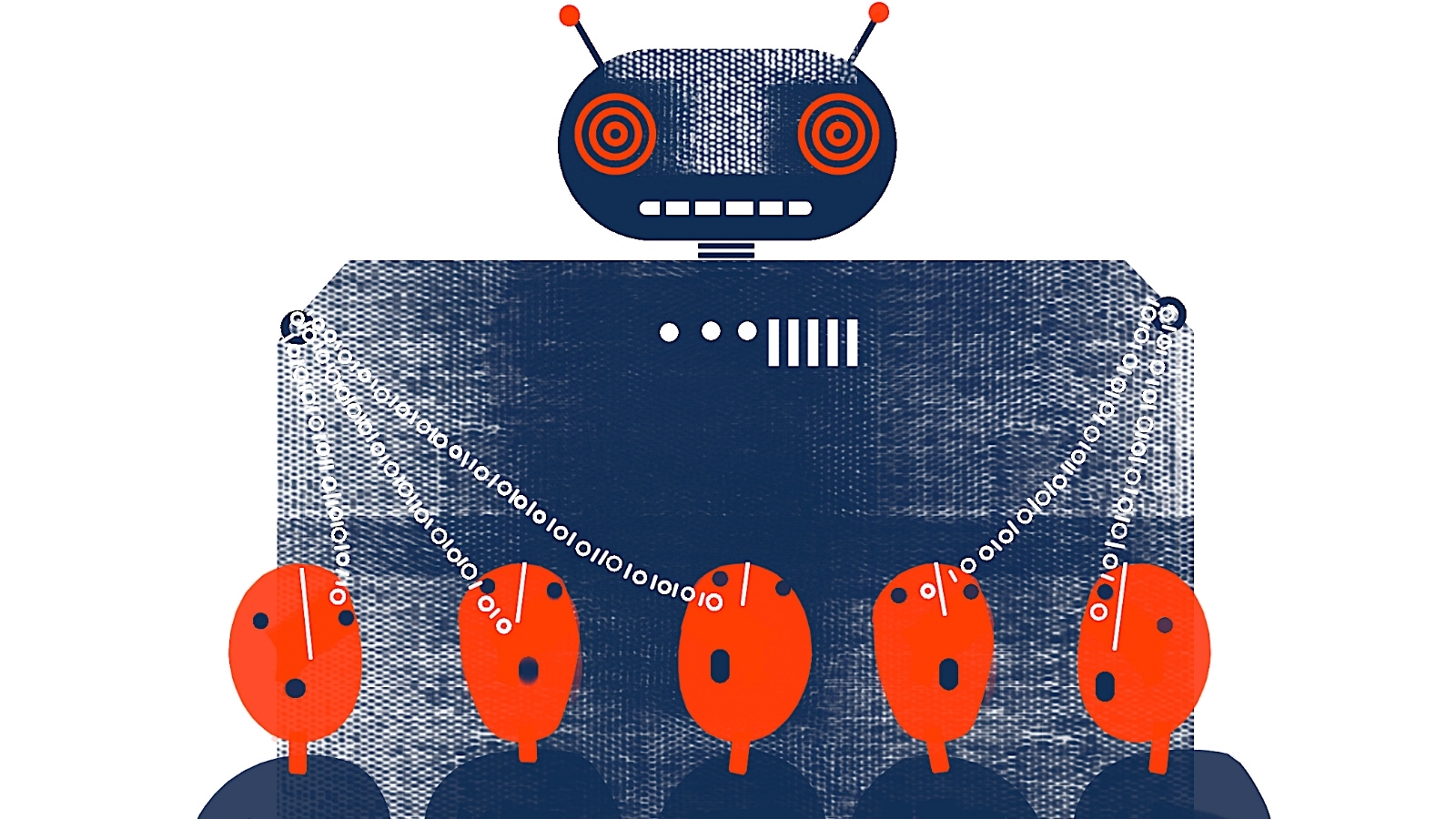
The Massachusetts Institute of Technology (MIT) has officially retracted a high-profile research paper that analyzed the productivity impacts of artificial intelligence (AI) in the field of materials science. The decision follows internal concerns regarding the integrity and reliability of the data and methods used in the study.
Originally published with significant attention from the scientific and tech communities, the paper purported to quantify how AI tools could enhance productivity among materials scientists. The research drew interest due to its implications for how AI might transform traditionally empirical and labor-intensive fields, such as the development of new materials or the optimization of existing ones.
However, MIT has now declared that these findings may not be dependable. According to a brief statement released by the institution, questions were raised about the validity of the data used and the methodology employed by the researchers. The institute emphasized that the decision to retract the paper was made after a formal review process and in line with its commitment to academic rigor and transparency.
While specific details of the flaws in the study have not yet been disclosed, the retraction could have broader implications for research at the intersection of AI and scientific disciplines. As AI tools become more integrated into research workflows, questions about their proper implementation, data integrity, and the reproducibility of results are coming under growing scrutiny.
MIT reaffirmed its dedication to fostering responsible research and noted that steps are being taken to ensure future studies meet the highest standards of academic integrity. The authors of the paper have yet to issue a public comment regarding the retraction.
This incident underscores the importance of diligence and ethical standards in research, particularly during a time when AI technologies are rapidly evolving and influencing multiple domains across science and industry.
Source: https:// – Courtesy of the original publisher.








